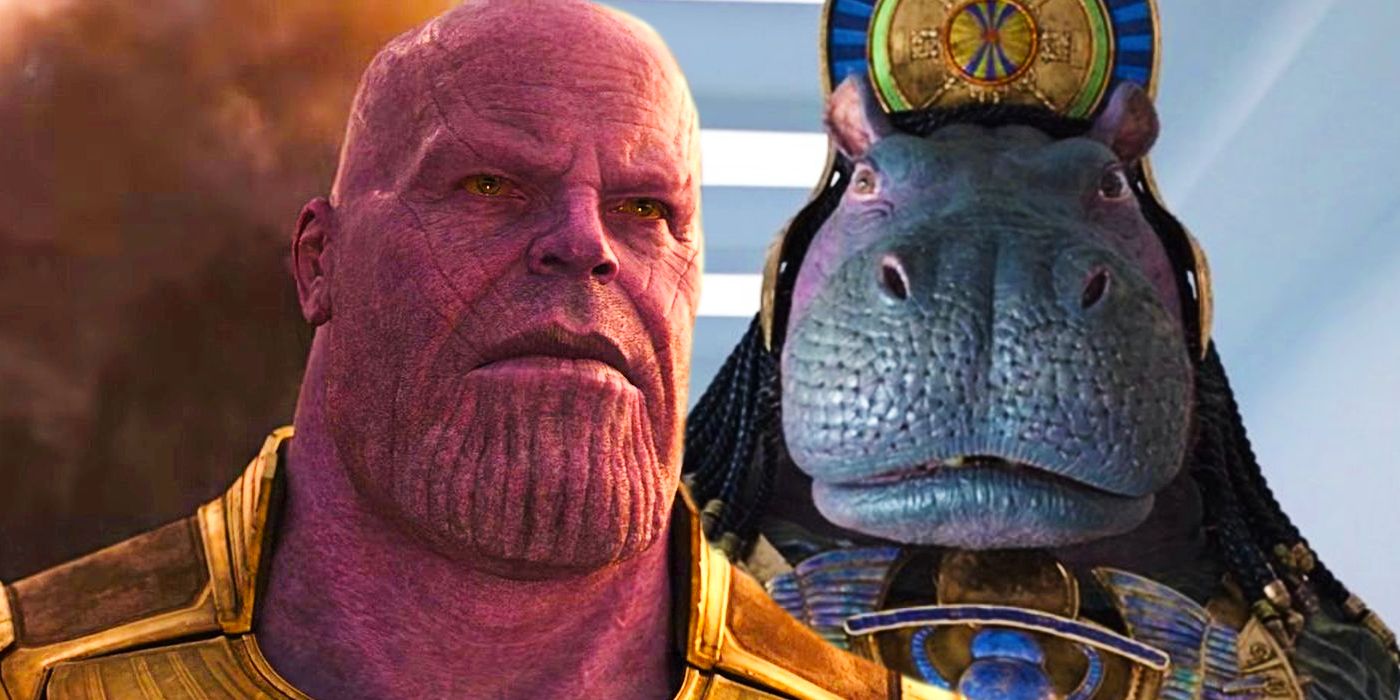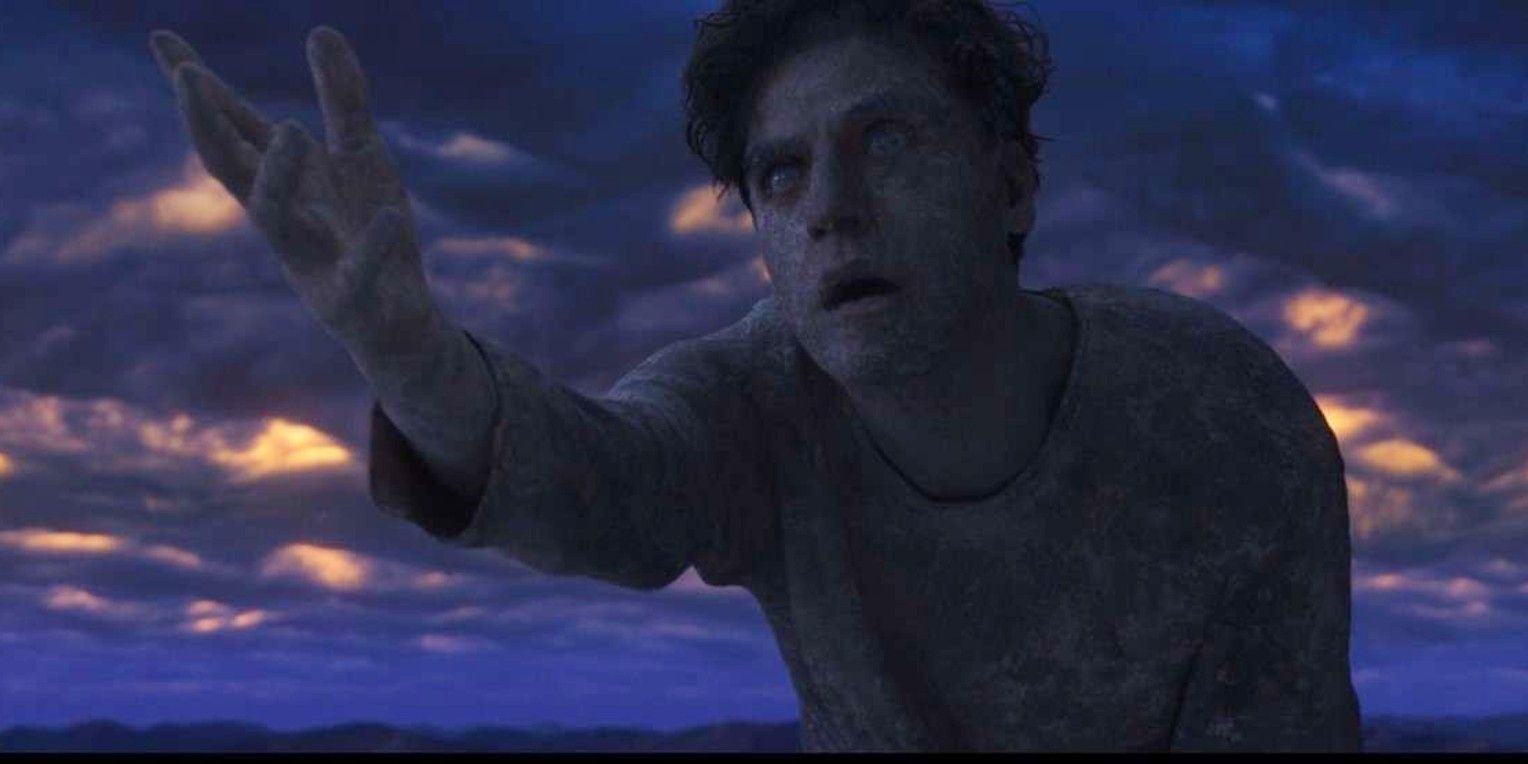
WARNING: Spoilers for Moon Knight episode 5.
By delving deep into its Egyptian mythology, Moon Knight episode 5 offered a whole new perspective on Avengers: Infinity War's Snap. Despite being a story that eschews any major connections to the MCU, a significant change when compared to other Disney +'s Marvel TV shows, Moon Knight is shedding a different light on various moments in the franchise. While those are not direct references to the broader universe, Moon Knight's new lore additions and use of mythology change a lot for the MCU – both for the future and retroactively.
After episode 4 challenged everything audiences thought they knew about the show, Moon Knight episode 5 revealed – or at least suggested – what was really going on with Marc and Steven. It turns out that everything that had happened so far in the series did happen, and the mental facility headed by Arthur Harrow is actually part of Marc and Steven's afterlife transition – a self-evaluation of their own actions and experiences. Guided by Taweret, Marc and Steven presented viewers with their origin stories, and now the tragic births of both Steven and Moon Knight as a hero are clear.
During Marc Spector and Steven's journey to the Field of Reeds, the judgment by the balance of the scale and the terrors of falling into the Duat were both introduced. The episode even took a moment to show what happens to Harrow's victims: they go straight to the Duat as they were already judged as imbalanced. All of this helps put into perspective the horror that the billions of people snapped by Thanos in Infinity War must have gone through. It is worth noting that Taweret made sure to point out that there are many forms of the afterlife, but, at least in terms of what Marc and Steven went through, Moon Knight proves that the fate of those instantly killed by Thanos' Infinity War Snap must have been horrendous. Those judged as balanced were given a chance to go to the Field of Reeds, but everyone else was likely subjected to eternal punishment.

Although Egyptian mythology has that those judged as unpure are taken into Ammit's jaws before being placed in a final state of non-existence, said goddess is missing from the MCU. This means that those who were not fortunate enough to go to the Field of Reeds had to undergo eternal suffering without the possibility of release by annihilation into the state of non-existence. Even though all the snapped people were eventually brought back to life by Hulk's snap in Avengers: Endgame, the potential eternal suffering they went through is still eternal suffering – albeit in relative terms.
If Steven's fate at the end of Moon Knight episode 5 was sad enough, there is a lot to be imagined about what the billions of people snapped in Avengers: Infinity War had to go through in the afterlife. The MCU is never definitive about the extent of its gods' powers and influence, but the afterlife process presented by Taweret definitely impacted a lot of deceased people in that universe. All of this reveals the dangers of Arthur Harrow's plans and the stakes for Moon Knight's final episode.
Moon Knight releases new episodes every Wednesday on Disney+.
Comments
Post a Comment